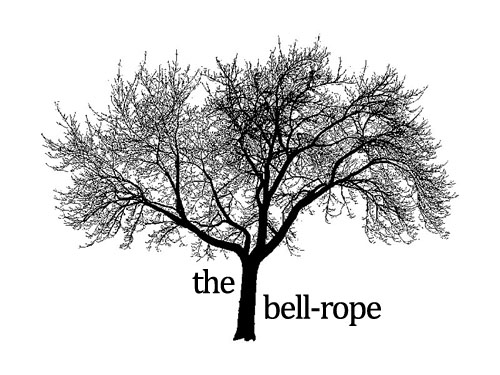I have always hated the question "What's your favourite _____??" I find it reductive and meaningless. Reductive, because it reduces what might be complex and multi-faceted thoughts about a work of art to a single priority; meaningless because it tells you nothing. If I tell you that
Hedda Gabler is my favourite play, what does that tell you about me? About
Hedda Gabler?
I usually answer the question, though, mostly because I love to sing the praises of things that I value. For instance, under "Favourite Music" on my Facebook I have the late Beethoven string quartets and sonatas, just because I think it would be a deep tragedy if anyone were to die without really encountering these works. Here, my answer is more of a precaution than anything - it's a warning to others, more than a statement for myself. But one thing that I do enjoy without too much anxiety is making lists of movies. In comparison to music or novels, movies are simpler - but not without their problems.
Asked to make a list of my favourite movies, I might offer something like this:
12 Angry Men
Amadeus
Fargo
No Country for Old Men
There Will Be Blood
Pan's Labyrinth
These are movies that aspire to greatness and achieve it. They share other similar traits; for instance, they all present unique and clearly drawn ideologies that are masterfully realized, a vision of the world that is penetrating and devastating. And most of all, they fill me with that indescribable feeling that comes in the presence of greatness. It is a completeness, a wholeness, a sense of being in touch with a current of human thought normally inaccessible to us, hidden above the clouds.
But asked the same question, the next list would be equally valid:
The Devil Wears Prada
Legally Blonde
Little Miss Sunshine
You've Got Mail
These are movies I can re-watch endlessly and never get sick of - and isn't that in some sense the best way to understand "favourite"? A standby you can pick up at any time? Movies such as
Fargo and
No Country For Old Men I can only watch maybe once every six months, at most.
Fargo I find especially difficult to watch; something about it leaves me deeply unsettled, even though I love it and prize it.
I considered all of this when I was filling out my Facebook info (yes, this is important to me). Neither of the above lists satisfied me; the first seemed too impersonal, too arbitrary (I could probably think of many more great movies I have seen that have affected me in the same way), while the second seemed to convey nothing of my aesthetic, what I find important in art.
The list I finally decided upon was, sadly, unusable, because it contained only two items:
Into the Wild
Shopgirl
But this list is the only one of the three that satisfies my criteria. 1) It is based on a coherent value system, and includes
all movies within that system. 2) The list is a personal one; it says something about me.
Into the Wild and
Shopgirl are two movies that have shaken me to my core. They are not necessarily "perfect" movies in the way that the greats above are -
Shopgirl in particular has its flaws. But they are probably the two movies that are most
important to me, because I identify with them on an emotional level that far exceeds anything I have experienced with any other movie. Even though I am in many ways unlike them, I am also fundamentally
exactly like Alexander Supertramp in
Wild or Mirabelle and Ray in
Shopgirl. They absorb me completely, and when their characters suffer the final blow, I too become lost.
The list that appears on my Facebook looks like this, though it will probably change:
12 Angry Men
Adaptation
Amadeus
Into the Wild
Magnolia
Shopgirl
Which is really an amalgam of several different lists. But it's the best I can approximate. Ideally, as the years pass I will be able to find more films that shatter me as completely as
Wild and
Shopgirl have, and then I will have a real list, one that can stand on its own. Say, five items or more? I don't think that's too much to ask.
